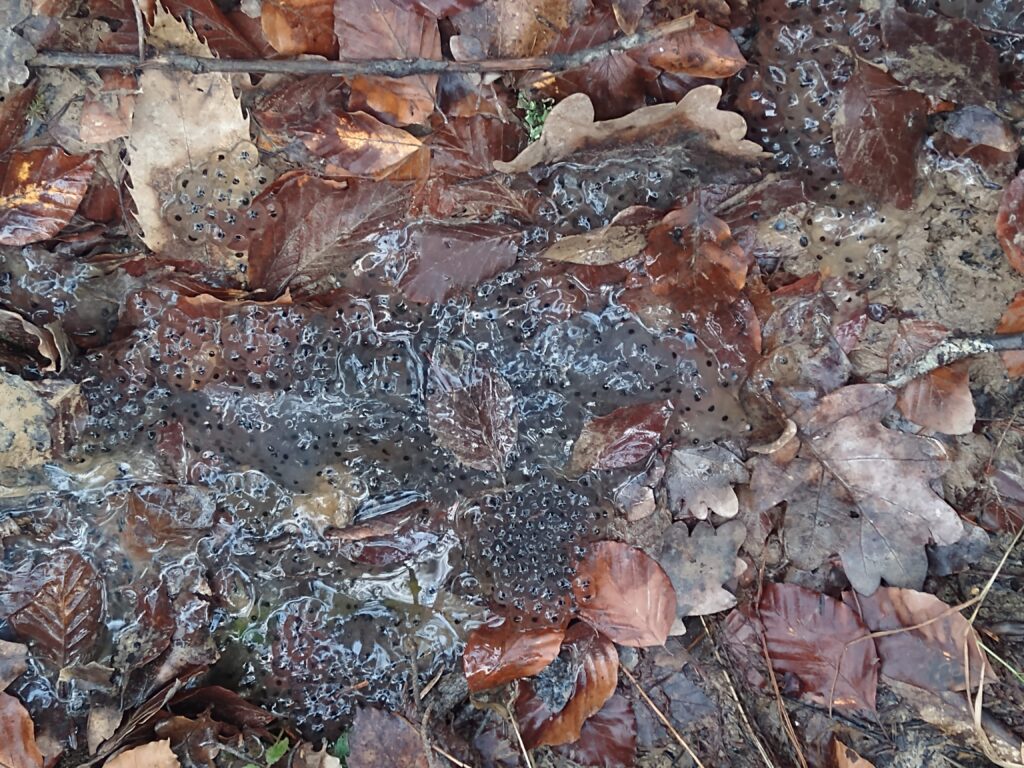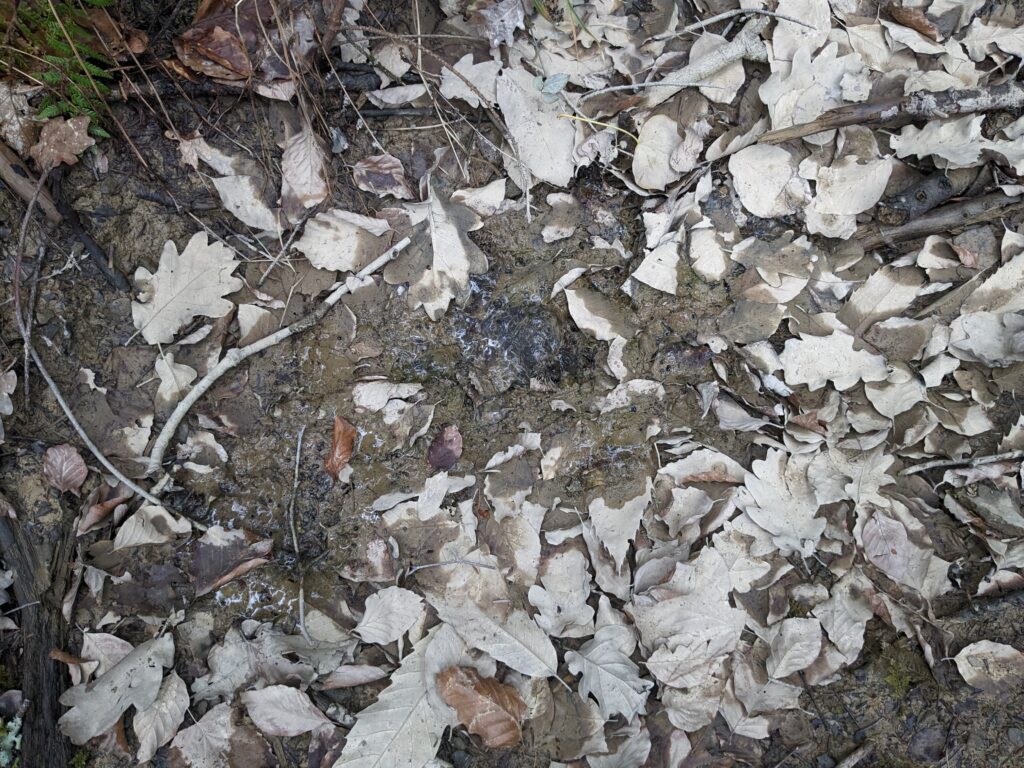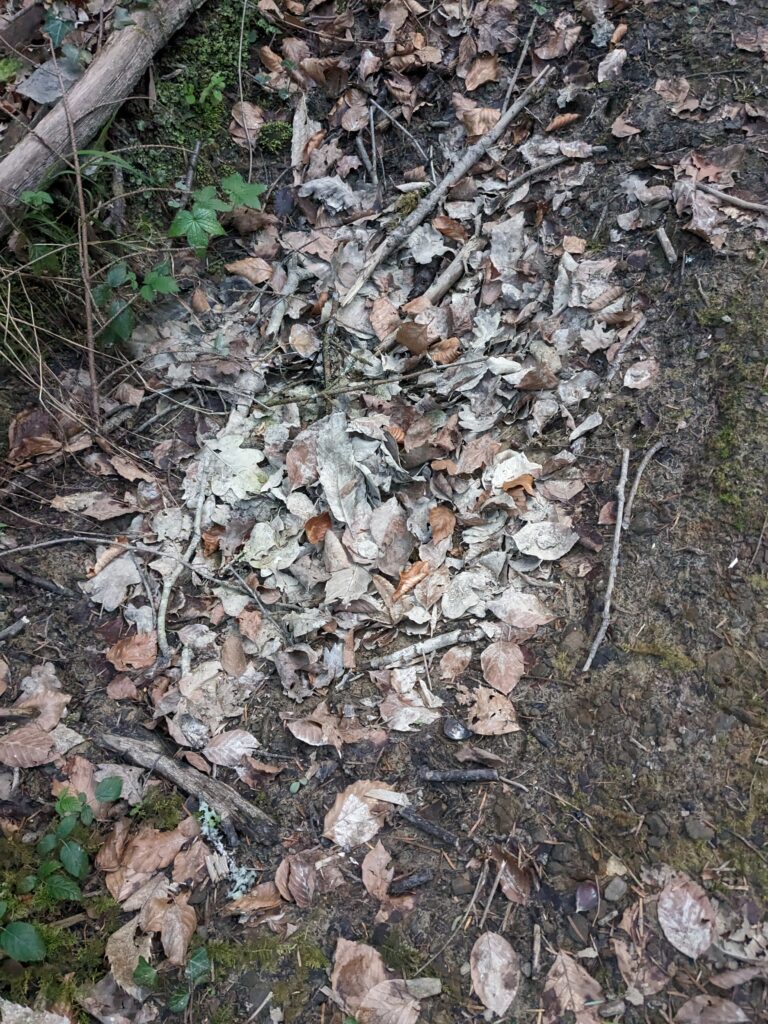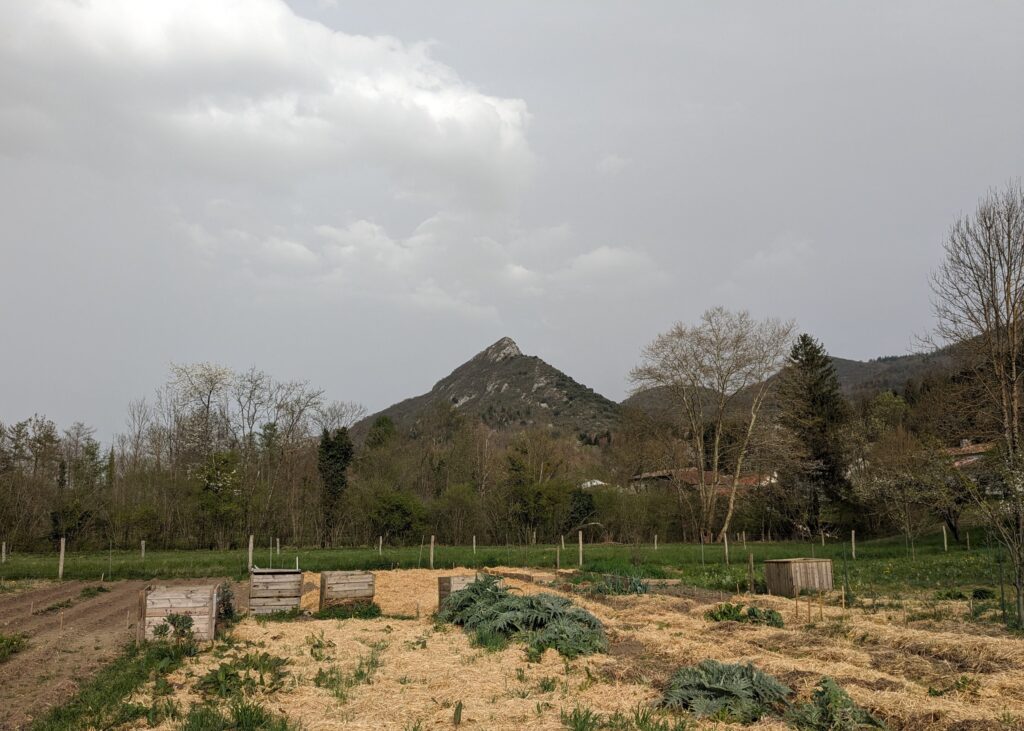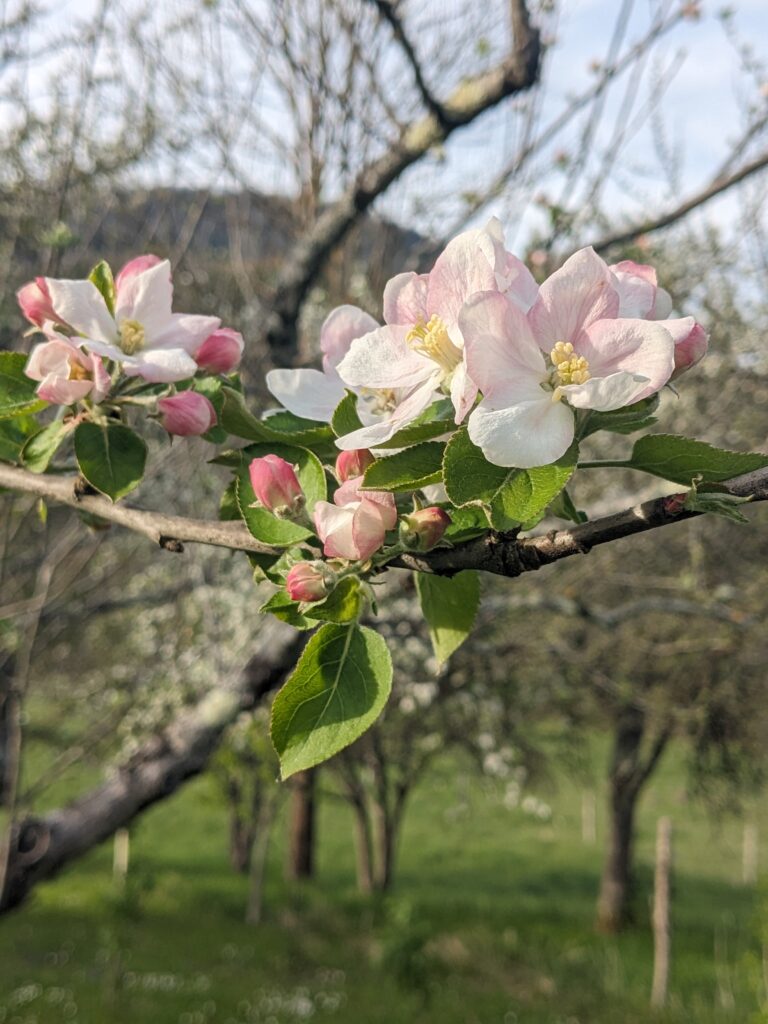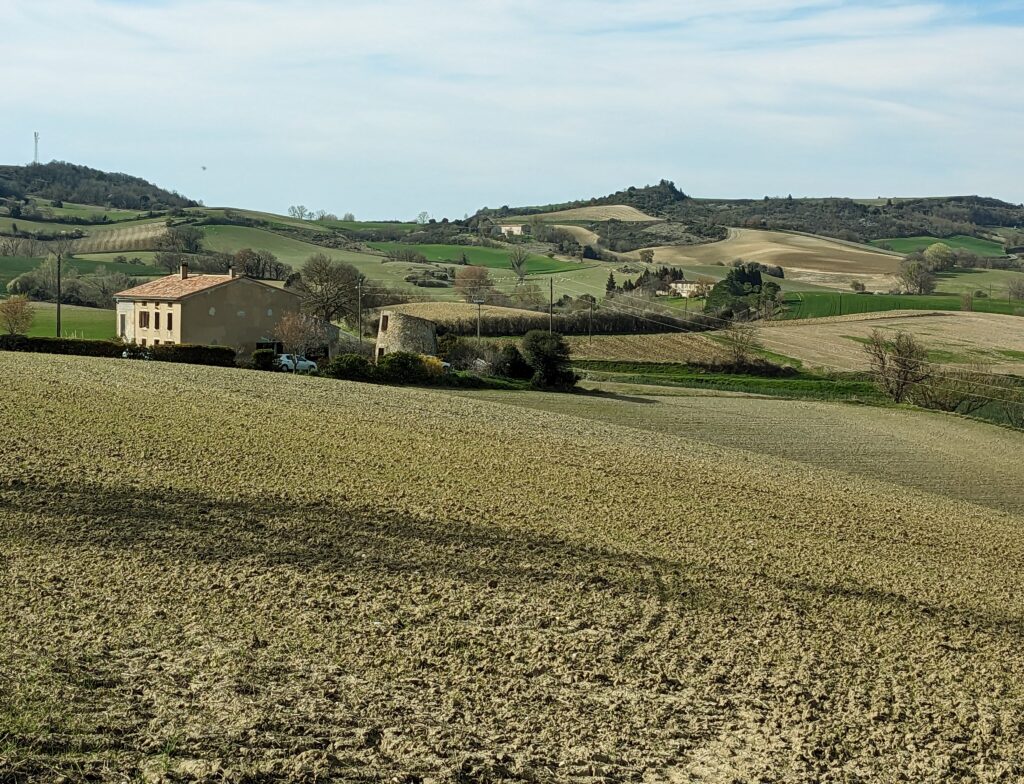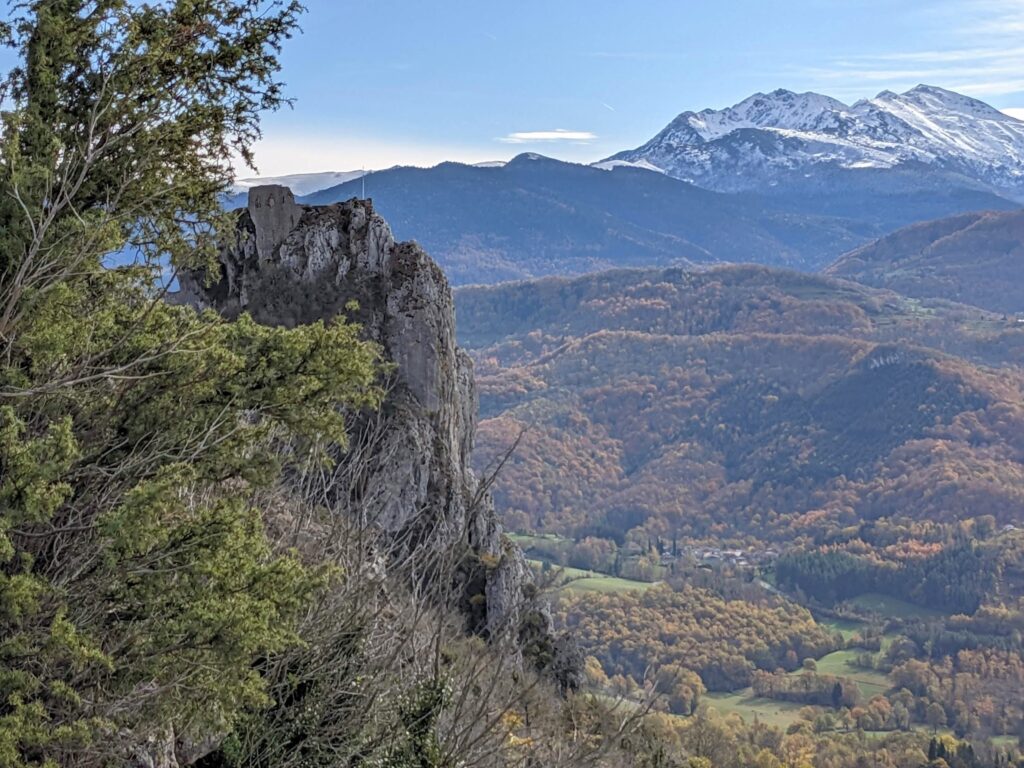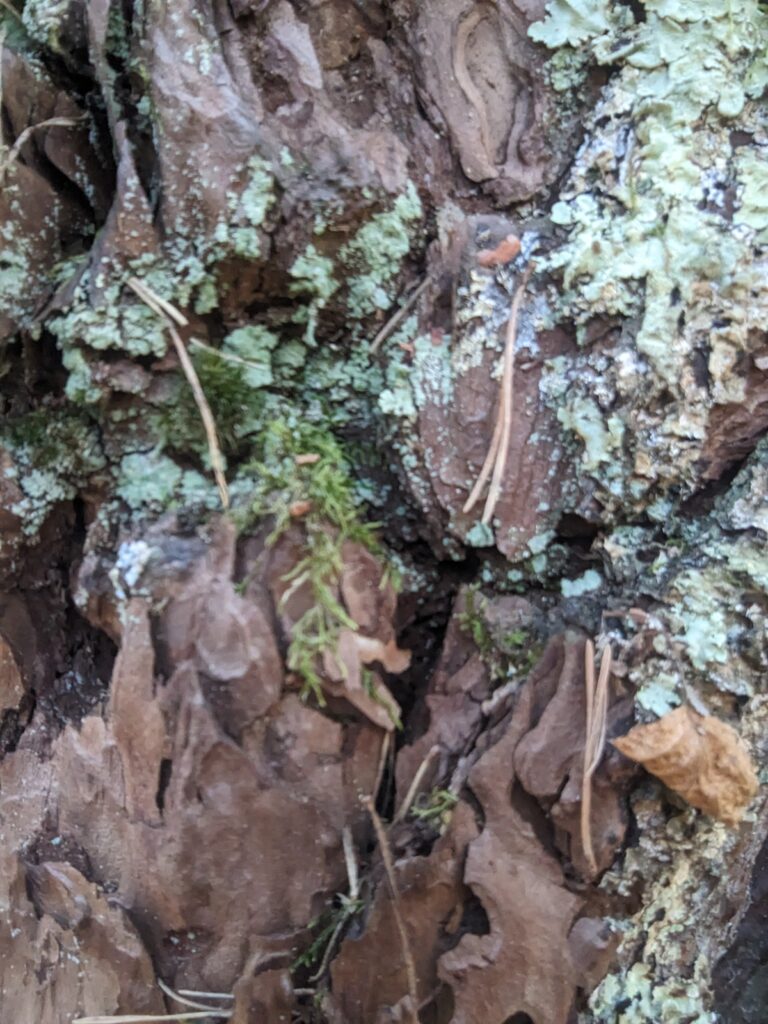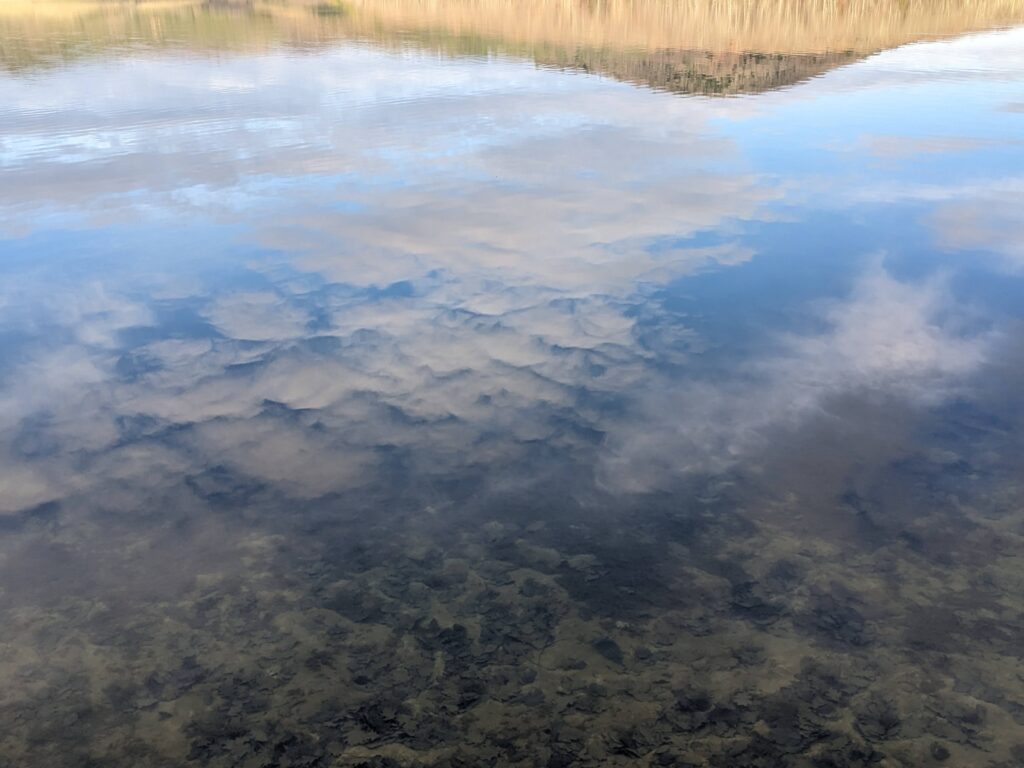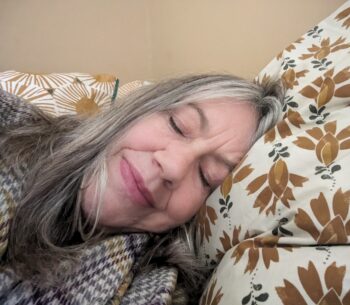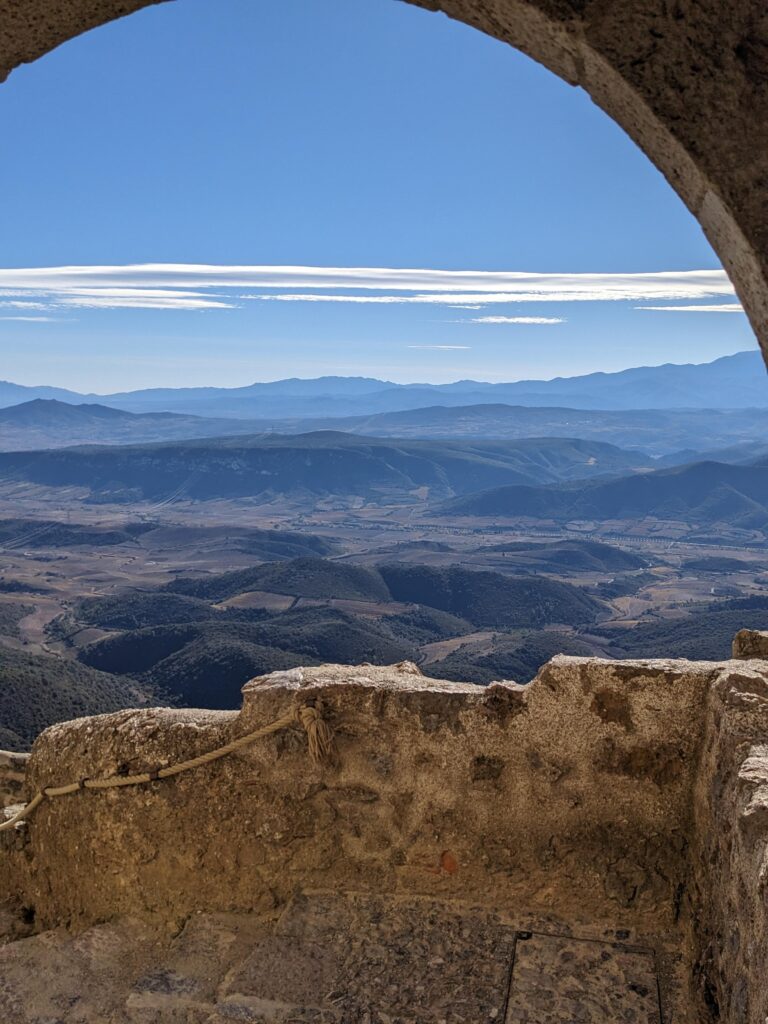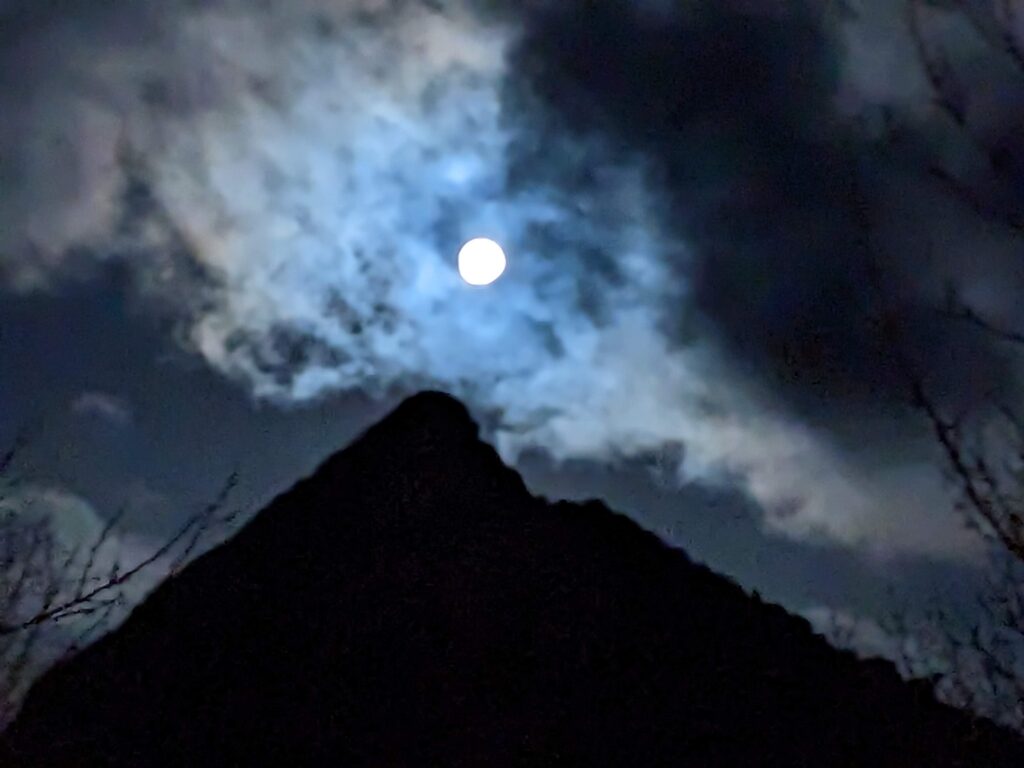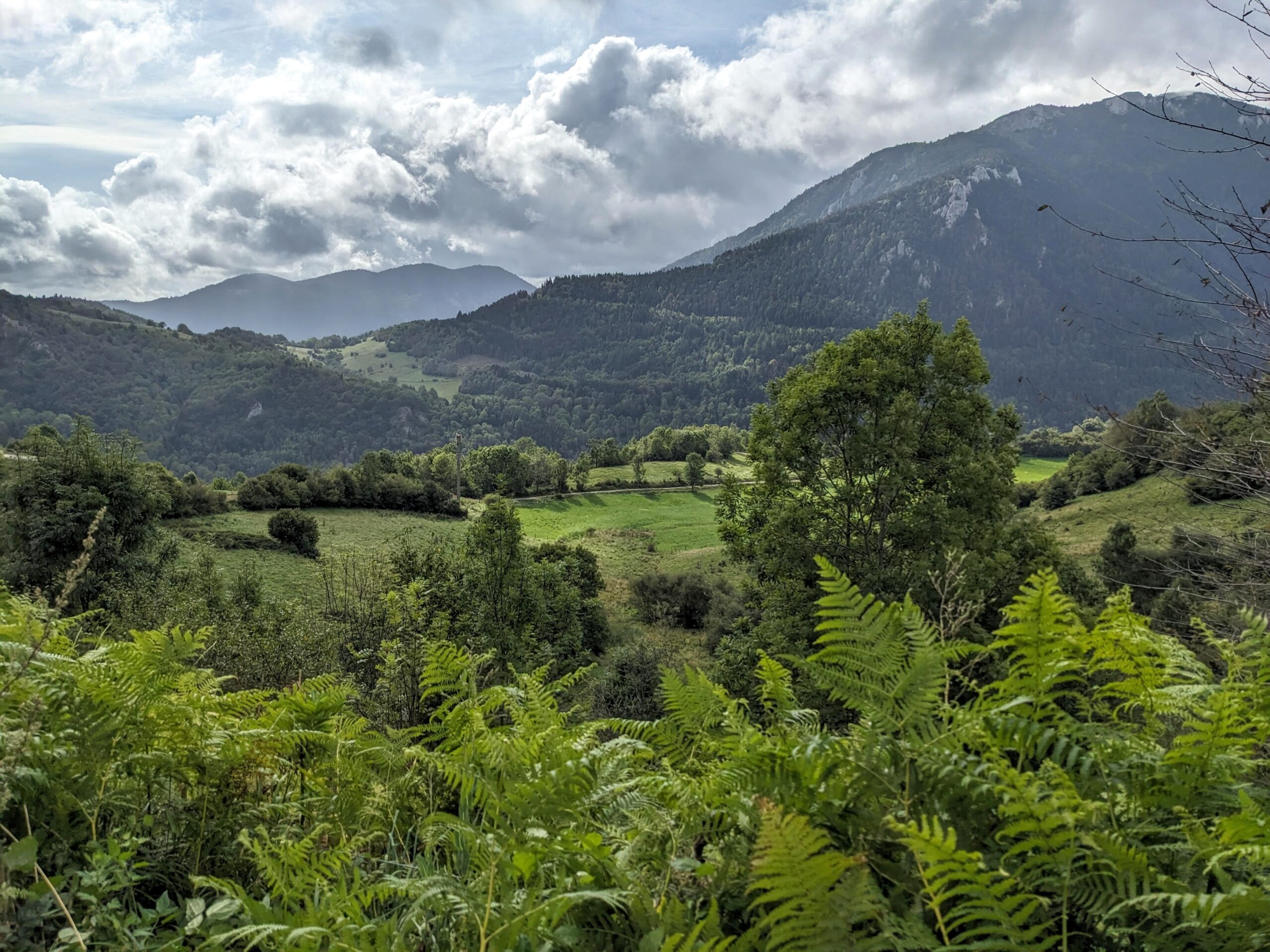Since we live in the countryside and work in our huge vegetable garden, we see the changes wrought by climate change in all the little bits of nature. The apple trees are blooming earlier, alongside the cherry, who traditionally sing their song along with the pears and after the early wild plums in a dependable succession.
The lilacs, even here at 500 meters, are now in full bloom, a sight usually seen in May. Olive trees that typically don’t survive the cold winters in the Ariege have begun to assert themselves. The flies started multiplying vigorously at the end of February, gathering by the hundreds on the concrete window ledges. People living close to nature everywhere have been noticing signs for years. Cyclical patterns are no longer cyclical . They have begun overlapping, never reverting back to the patterns of change people have recognized for the hundreds and thousands of years of years since the ice sheets receded here in Europe.
Two years ago, after the two or three canicules (heat waves) of the summer. I noticed the non-native pines that were planted two generations ago when the wool industry truly collapsed and the sheep disappeared from the foothills of the Pyrannees, were turning brown. I pointed this out to several locals who replied that they weren’t worried. It was part of the normal way that trees protect themselves in the heat. They would come back to life the following winter and spring. They never did. After the third summer of prolonged periods of extreme heat and two years of dryness, their normal defense mechanisms failed. There are now huge swaths of dead pines through all the forests. The region has come to depend on its forestry and the growing tourism centered around the incredible hiking and the beauty of the villages and the mountains. Foresters are working overtime to cut and mill the wood from hectares of dead trees before another summer of heat sparks dreaded forest fires.
But for me, the most telling bit of observation has to do with a tiny seasonal pond up along one of the trails into the hills nearby. It’s really no more than a largish puddle. Beginning each February for the five years we have lived here, I’ve watched the progress of the clutches of toad eggs deposited by some mysterious mother forest toads. They have somehow learned to count on the fact that the water left there by the winter rains lasts long enough for the eggs to hatch and the tadpoles to mature and hop off into the leaf mold of the forest floor, a process that takes till early summer. It must have been this way for countless seasons, there in a moist part of the forest above a mountain stream.
I take a walk there every few days during the spring to watch life develop. As we all know from the ecology classes of our youth, each form of life in each niche has an important function in keeping the whole system healthy. Although toads contain a poison which discourages predators, there are some birds like the herons that fly over our vegetable garden that have developed an immunity to the toxin and seem to consider toads a delicacy. These forest toads in turn eat many kinds of insects, caterpillars, slugs and worms. Here, In the foothills of the Pyrannees, they may help keep the larvae of some invasive insect species in check.
Last February, the puddle was minute, but then a good rain came and filled it enough to allow the toads to drop their eggs. I saw good clusters of transparent eggs, each with its black center. There was just enough water to allow the egg masses to be suspended.
The next few visits confirmed they were still there. The black centers were getting bigger. There had been a couple of fairly decent rains, but not enough to fill the puddle to overflowing as it had been in the two previous years.
There was no more rain after that for quite some time. My next visit revealed that only one smallish cluster was still wet. A few tadpoles had made it out and were sluggishly moving in what water was left. The next visit, the puddle was no more than a bit of mud. The egg cluster and the tadpoles were no more.
A week or two later, we had a few days of rain. Miraculously, another egg cluster appeared. Sadly, the puddle dried again in a week or two and the second attempt was done. That source for new toads was no more.
This year there wasn’t much moisture in the indentation in the forest floor when I first walked up to inspect around the end of the first week in February. When I went back a little after the middle of the month, there was a bit of an ice-covered puddle with what looked like round crystal globuoles, each with a black dot in the middle. Tenuous situation, but hope springs eternal. When I went back on the Ides of March, they were just barely hanging on, enough ice-circled water to surround the maturing egg mass that was left. Three days later, a bunch of tadpoles were swimming around in the waters made by two days of warming rain.
When I finally made it back three weeks later, the puddle was no more than a dry, leaf-covered hollow, indistinguishable from the rest of the forest floor. All the tadpoles that should have been swimming around in the puddle, about half way to getting their front legs, gone.
In nature, there are many redundancies to ensure survival, but if this reservoir of life didn’t make it two years running, how many more?
We are confronted day after day with the evidence that living our lives as we have is not sustainable, yet we do everything we can to create the illusion that our human lives will go on and on pretty much as they have forever. We believe in the illusions woven around us since our birth. We don’t see much of the detail down on the ground.
Now I am wondering how I can somehow teach my two granddaughters how to survive in a world where their puddle may be drying up more quickly than the grownups are able to imagine. I wish I could teach them how to plant a working vegetable garden, but they live in a tiny apartment, far away. I’m glad Disney switched to more of a Warrior Princess model around the time my first granddaughter was born. We’ll need all the brave, wise, compassionate, fearless, undaunted women we can get. I’ve got two coming up. They’ve survived a heck of a lot already, buoyed by love.
